It would be worth more money, social intelligence and confidence. You would have more opportunity in high paying career fields where social interaction is common. You would acquire the power of social influence regarding issues that were important to you and you could make a difference.
Your communication skills would provide support in nearly ever facet of your life, resulting in confidence to take on new challenges, improved relationships, ability to understand and be understood.
Our careers would improve
Based on current data, trends indicate more jobs for those who have good social skills. Statistics gathered in a working paper, The Growing Importance of Social Skills in The Labor Market, for the National Bureau of Economic Research [David J. Deming, Harvard Graduate School of Education], indicate jobs with high levels of social interaction rose 12% from 1980-2012 while jobs with higher math intensive skills shrank by 3.3 percentage points over the same time period.
Our relationships and lifestyle would change
Our careers are only part of what we can use our social skills to improve. Communication skills are involved in many facets of our life. They affect our relationships, self-esteem, choices and lifestyle. Not only do we demonstrate our social skills verbally, but our non-verbal skills including body language and physical appearance are also heavily regarded when interacting with friends, family and co-workers. Being cognizant of our social behaviors is often a natural ability and reflects our cognitive control. That is the ability of knowing when, what and how to use correct and appropriate behavior.
Body language makes a difference
While some behavior is learned, most relates to our innate skills. For example, I'm a dog person. There was never a dog I feared. It didn't matter how ferocious a bark they had or if they were charging right at me. I was a "dog person". Many people would ask me how I did it. How could I walk-up to any dog and be accepted as if they knew me? I simply was not afraid. My body language was always open and relaxed. I presented no threat to the dog. I was calm in my approach. I could generally sense the dog's personality and I would adapt.
While it isn't necessary to be a dog person in order to demonstrate fantastic social skills, the approach you take in social settings can similarly induce positive or negative reactions. The choices you make both verbally and non-verbally affect how others respond to you. A positive reaction builds self-confidence. That confidence makes social interaction easier. You feel better about yourself, what you say, how you look and how others perceive you. This makes your social approach natural and relaxed. When you feel more relaxed, others are more likely to relax. Not only does it advance your social confidence, it provides you a positive experience in social settings.
Basically, in order to wake up your social skills we have assembled a quick run down of some basic principals for social success.
- Understand what actions and behaviors trigger a good response and employ them in the appropriate social situations.
- Determine any goals before initiating social interaction.
- Learn how to pick-up on a person's body language, appearance and mood quickly in order to generate conversations. Make sure your conversations are at the right time and place for the topics.
- Think less of what others are thinking of you and have a sincere interest in them.
- If you have a goal for the conversation, stay on point without being overly direct in a way that detracts from the conversation.
- If you find yourself talking the majority of the time or the person is demonstrating body language that suggests tuning you out, then ask a question to pull him/her back into the conversation.
- Determine if the social interaction is moving in a positive direction and learn to casually change the subject when it isn't.
- Knowing the appropriate time to discontinue the conversation is important. Especially learn to politely excuse yourself if your social interaction is not going well. The way to determine this is to watch body language to include loss of eye contact, facial expressions, looking around or checking his/her phone.
- Finally, stay relaxed and don't overthink it. Remember, people are more likely to stay engaged in the conversation if you are personable. So, keep your conversation casual even in the most rigid of environments. While you should stay on topic in order to achieve goal efficiency when warranted, it shouldn't sound like your discussion is primarily "goal" motivated. People don't necessarily respond to your objectives, proposals or requests. They respond to you. It helps when they like you. To like you, they must first get to know you. So, be casual, relaxed and friendly.
It shows when you enjoy talking and being social with others. So get out there and wake up those social skills. Get to know new people, score that big account and improve your life. Believe in yourself! You can do this! OurDMK.com
Disclaimer
The information provided by respective owner's ("we", "us" or "our) on Divorce Me Knot (referenced also as "DivorceMeKnot.com", "dmk", "DMK", "OurDMK.com", "OurDMK", "application" or "site") is for general informational purposes only and is subject to change with or without notice. All information on our site and application is provided in good faith, however we make no representation, guarantee or warranty of any kind, express or implied, regarding the accuracy, validity, adequacy, reliability, availability or completeness of any information on the site or application.
The information in articles and all content on this site should not be considered psychological or behavioral health therapy, counseling or legal, financial, real estate, mortgage, insurance or professional advice. It should not be used in place of professional advice from a counselor, therapist, physician, behavioral health professional, legal, real estate, mortgage, insurance, financial advisor or other licensed professional or credentialed expert in related subject matters. Providers of content on this site, herein known as "Contributors" (inclusive of, but not limited to writers, bloggers, editors, employees, developers, graphic designers, advertisers, partners, affiliates, references, experts, professionals and site owners) are not legally liable for any misinformation, errors or omissions.
Under no circumstances should DMK and/or it's Contributors have any liability to users of the site for any loss or damage incurred to users as a result of the use of this site or application or reliance of any information provided on the site or application. Use of the site or application and reliance on any information from the site or application is solely at the user's own risk.
For complete site disclaimers review "Disclaimers" on this site or click the link below.
Read Complete Site Disclaimers Here
References:
www.nber.org/papers/w21473, David J. Deming, Harvard Graduate School of Education, Working Paper 21473 "The Growing Importance To Social Skills In The Labor Market" for the National Bureau of Economic Research, August 2015, Revised June 2017, Retrieved 1/10/19
www.skillsyouneed.com/ips/social-skills.html, Retrieved 1/11/19
IMAGES COURTESY PIXABAY

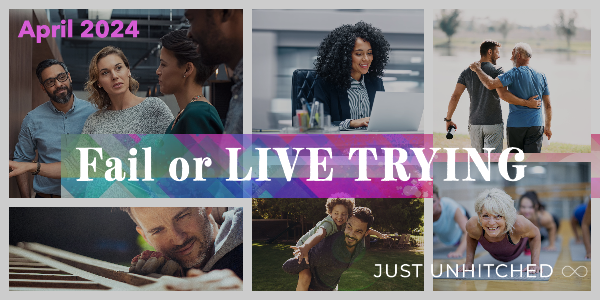




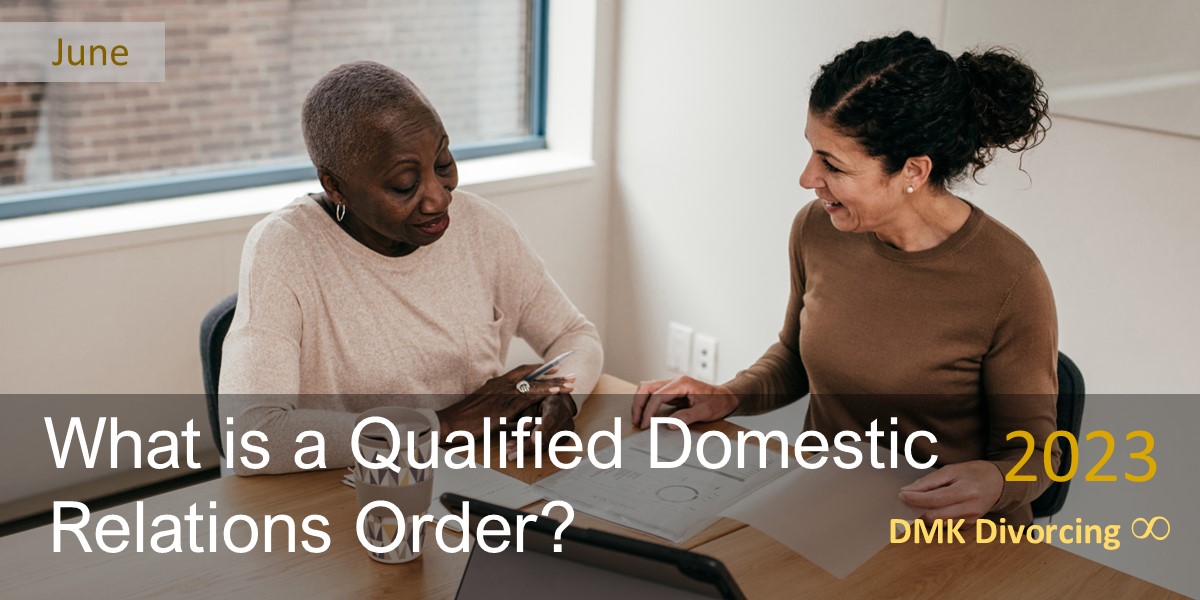
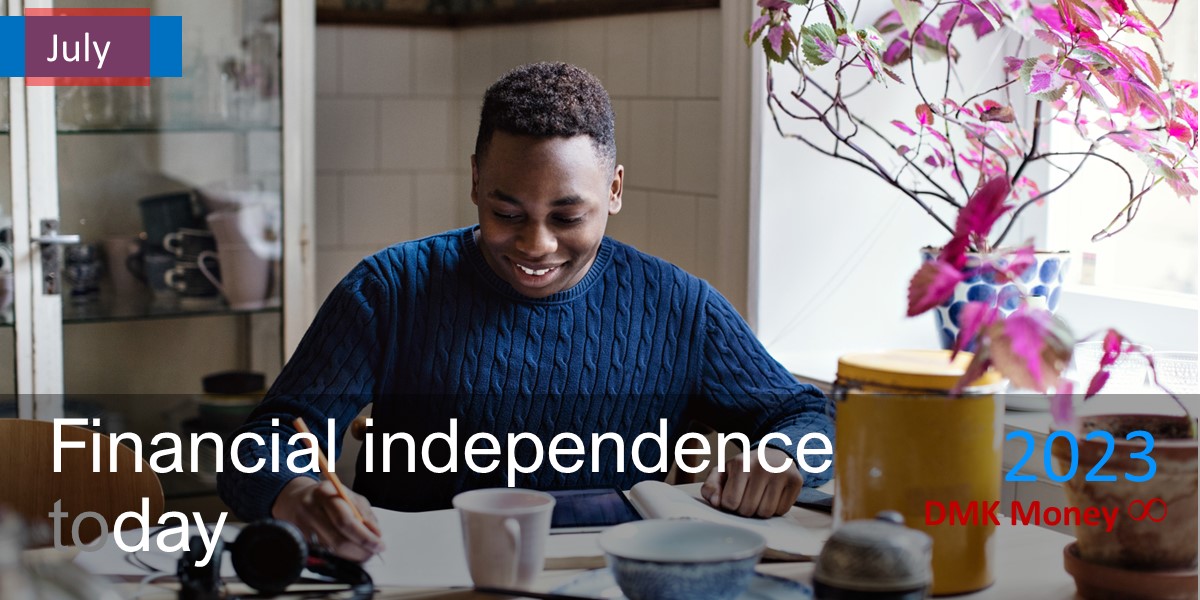

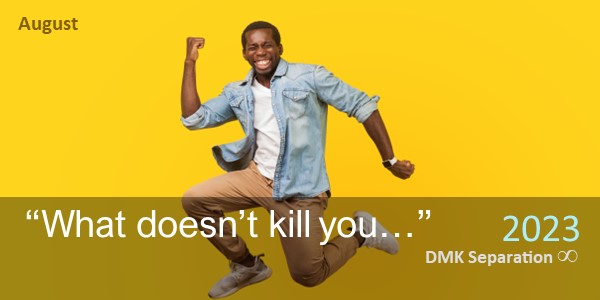









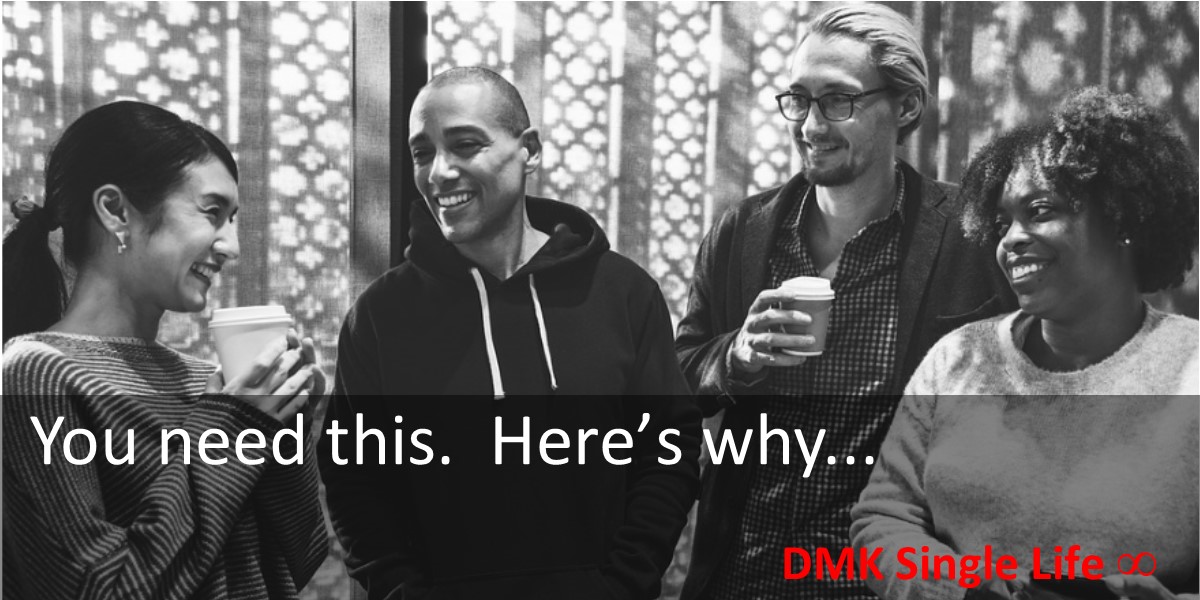




































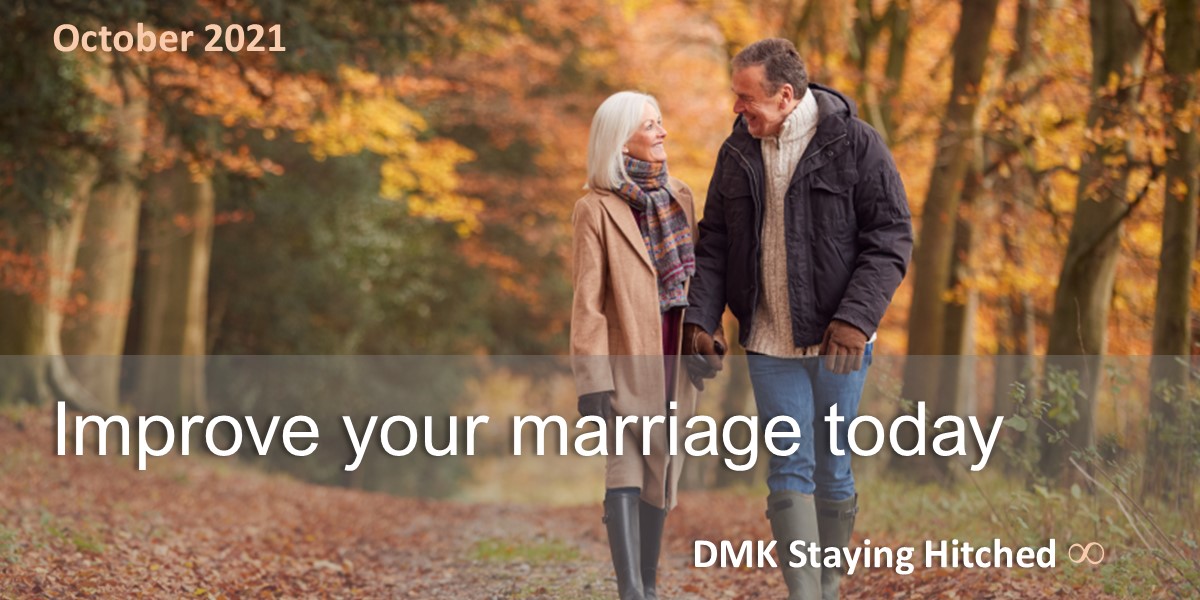


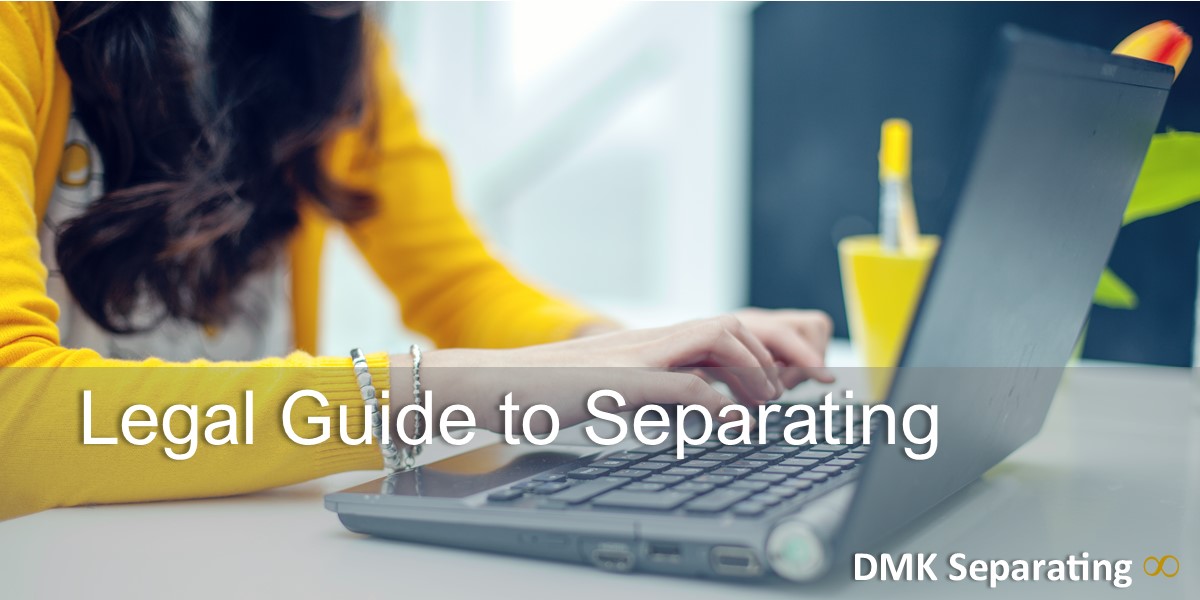
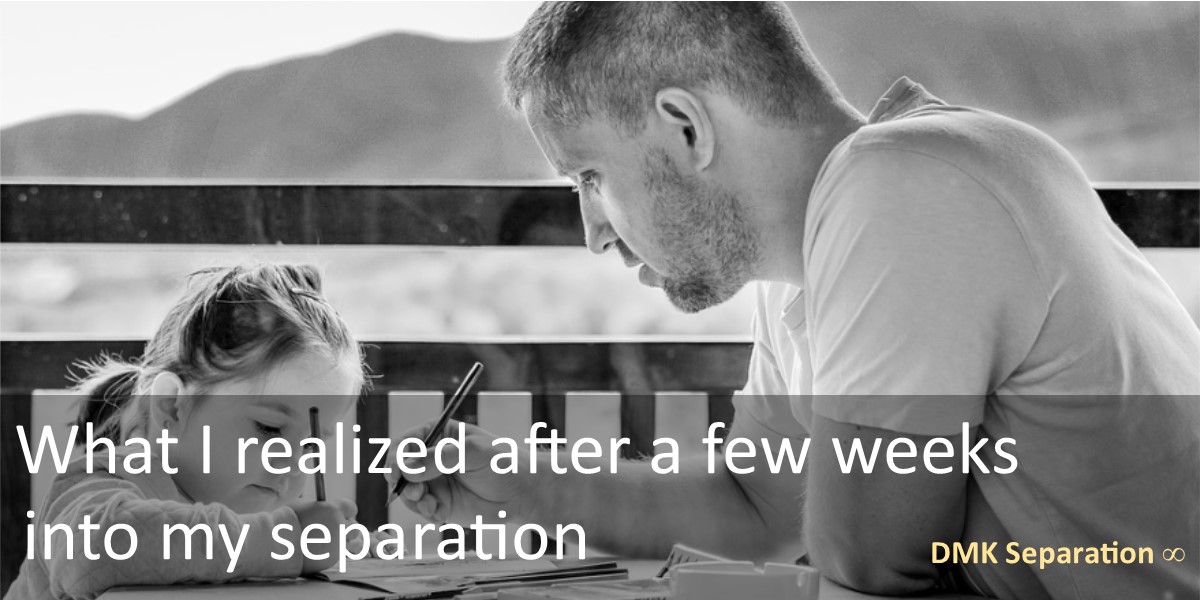




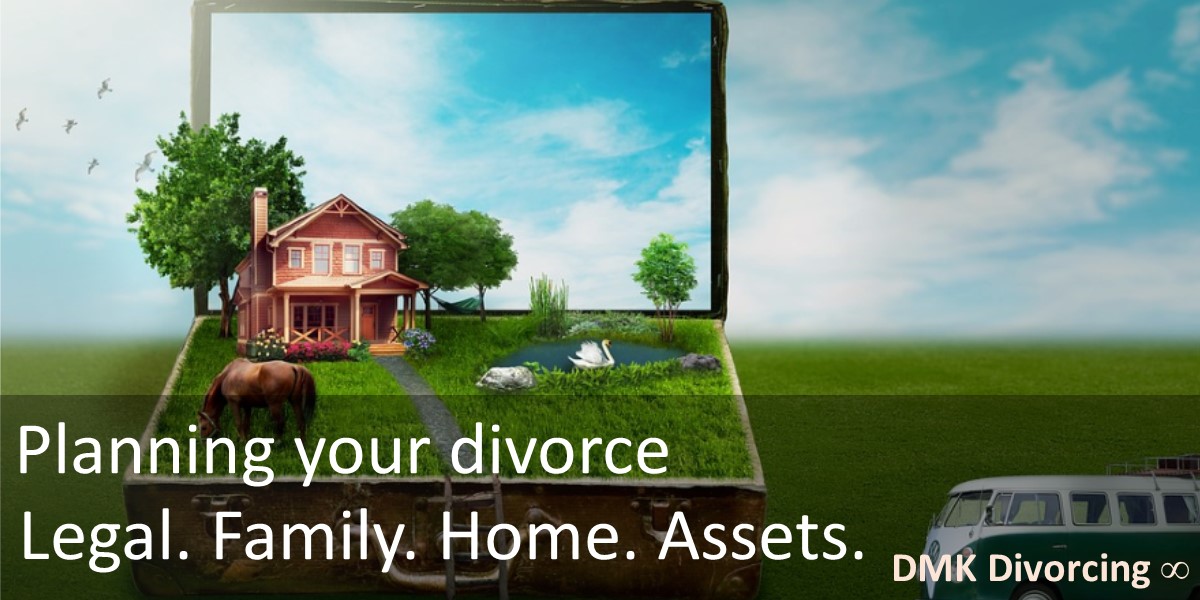











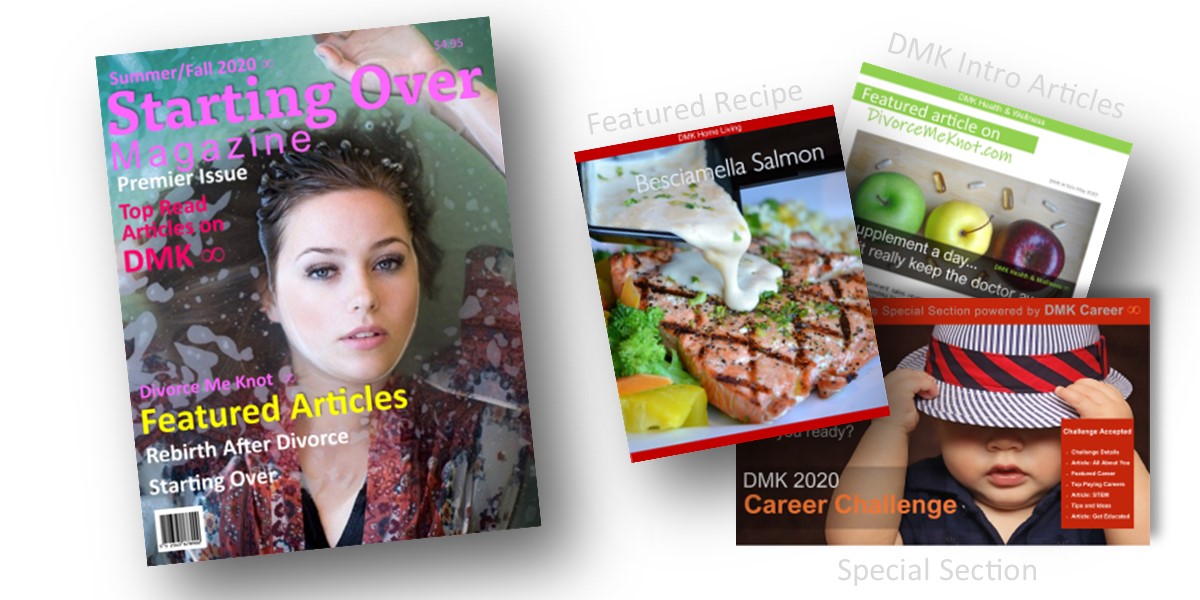
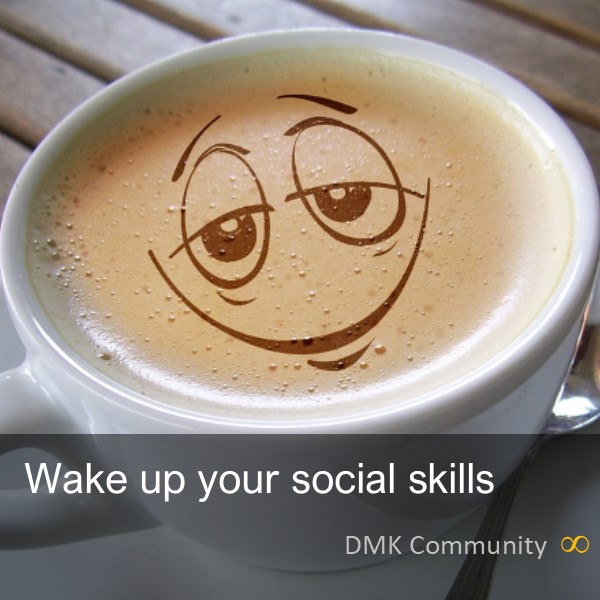





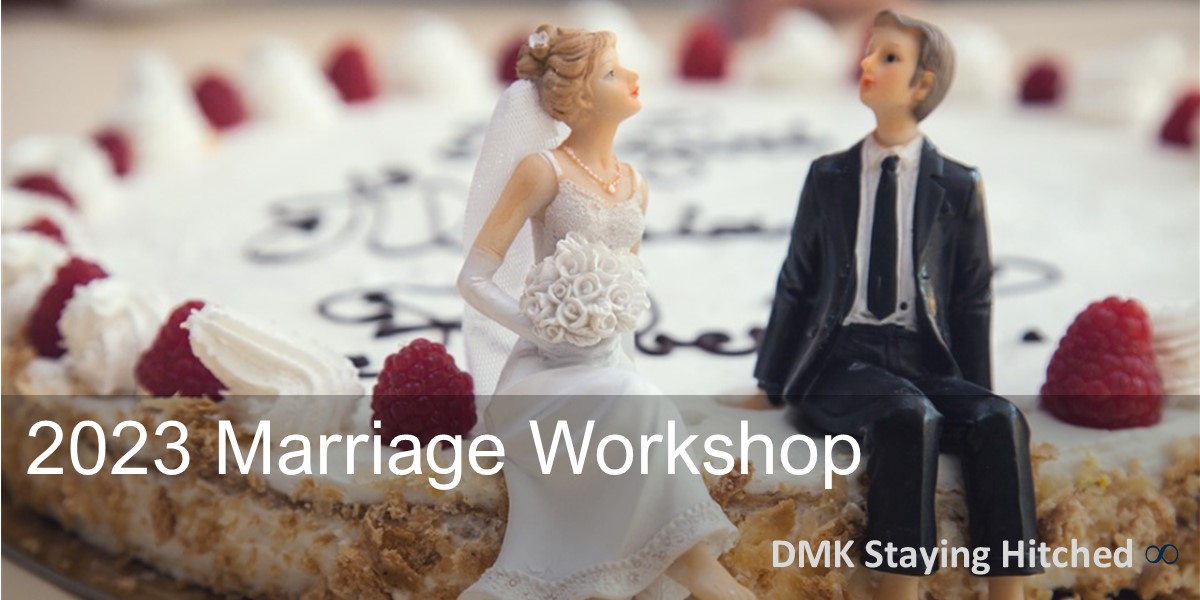





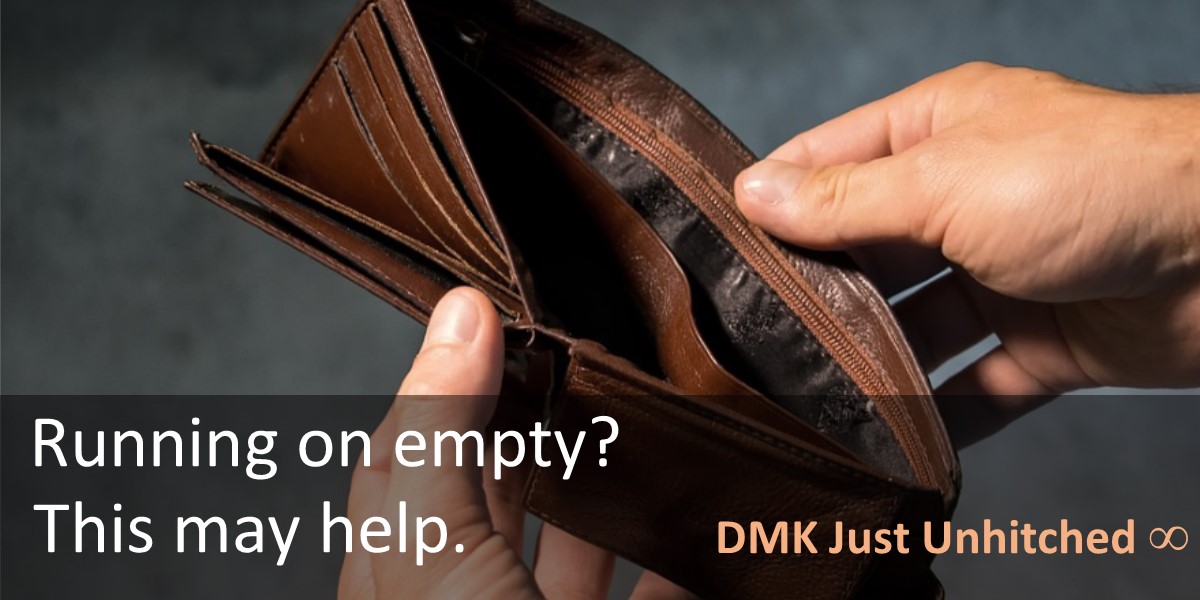




















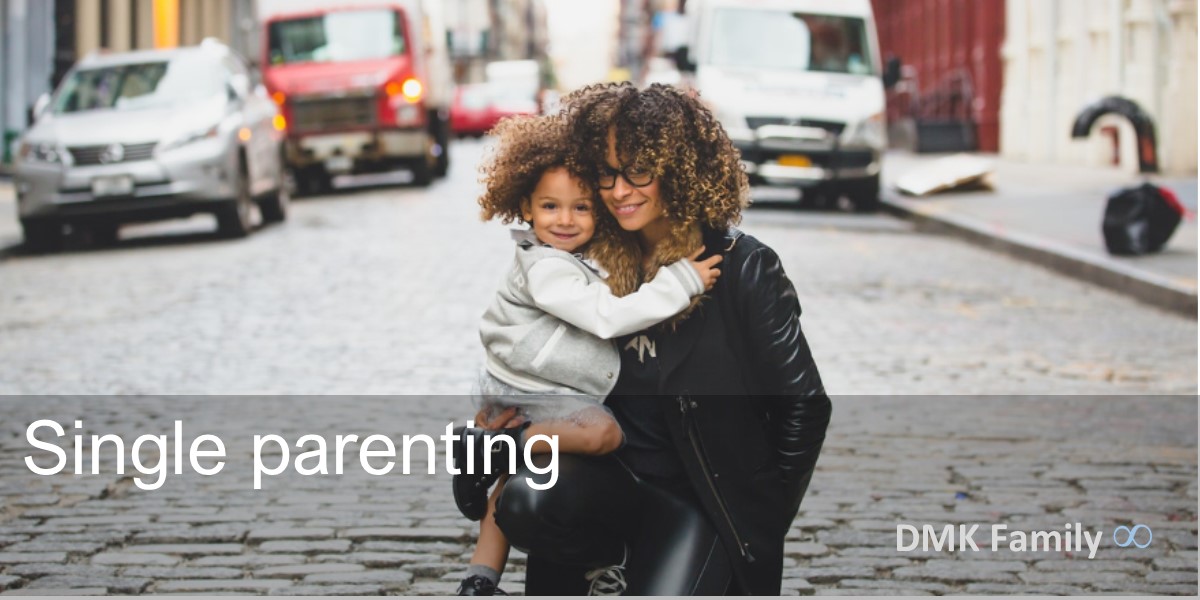
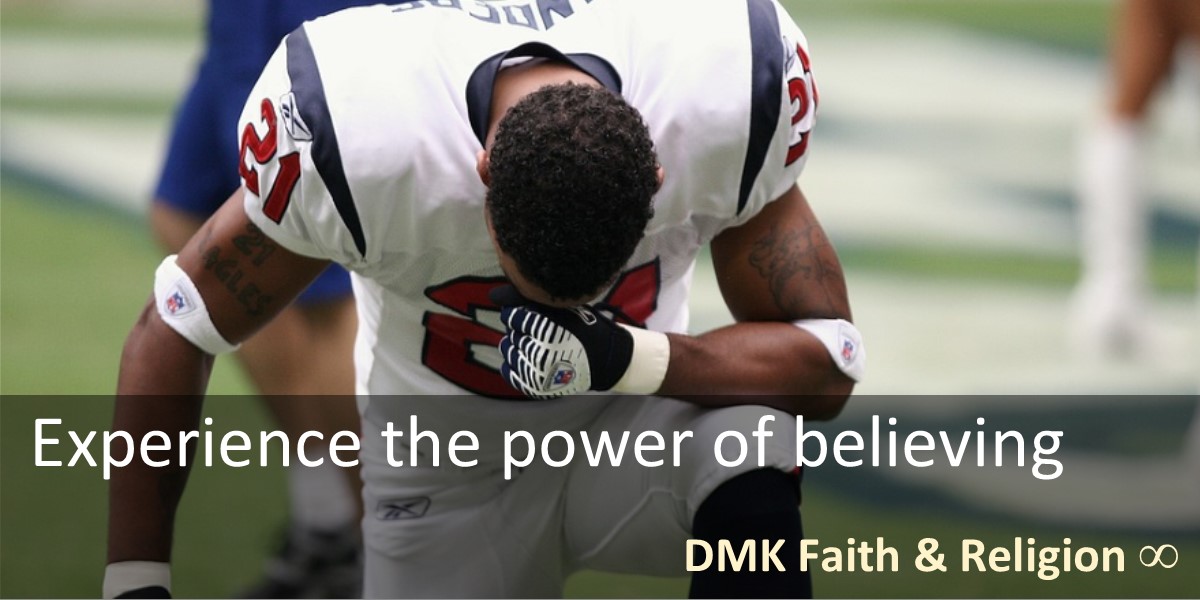






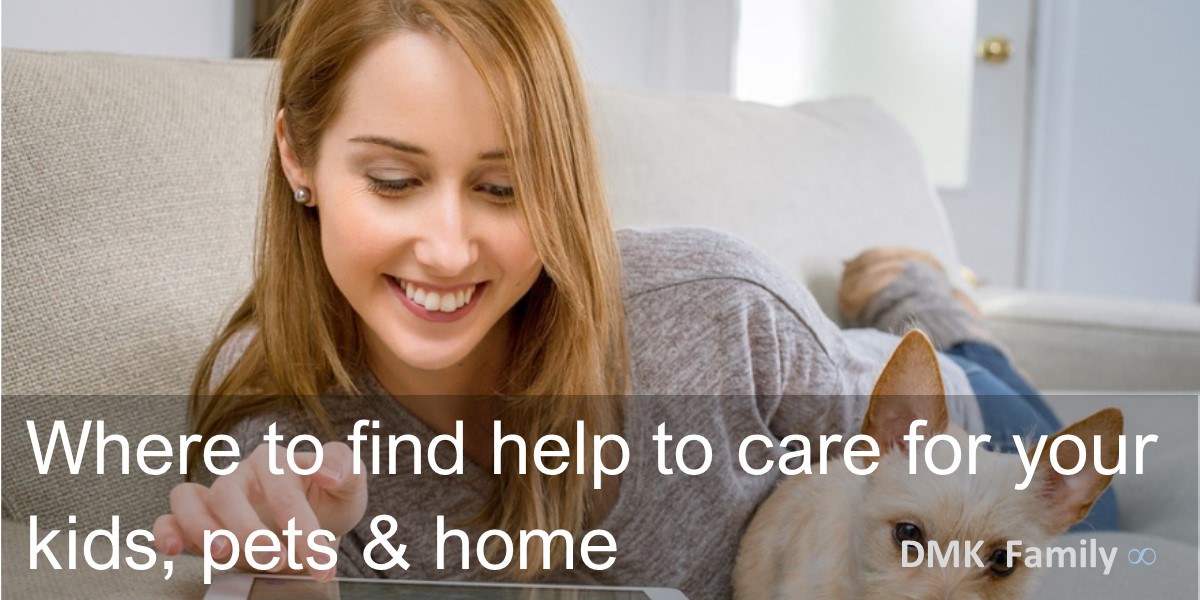



















 .
.





















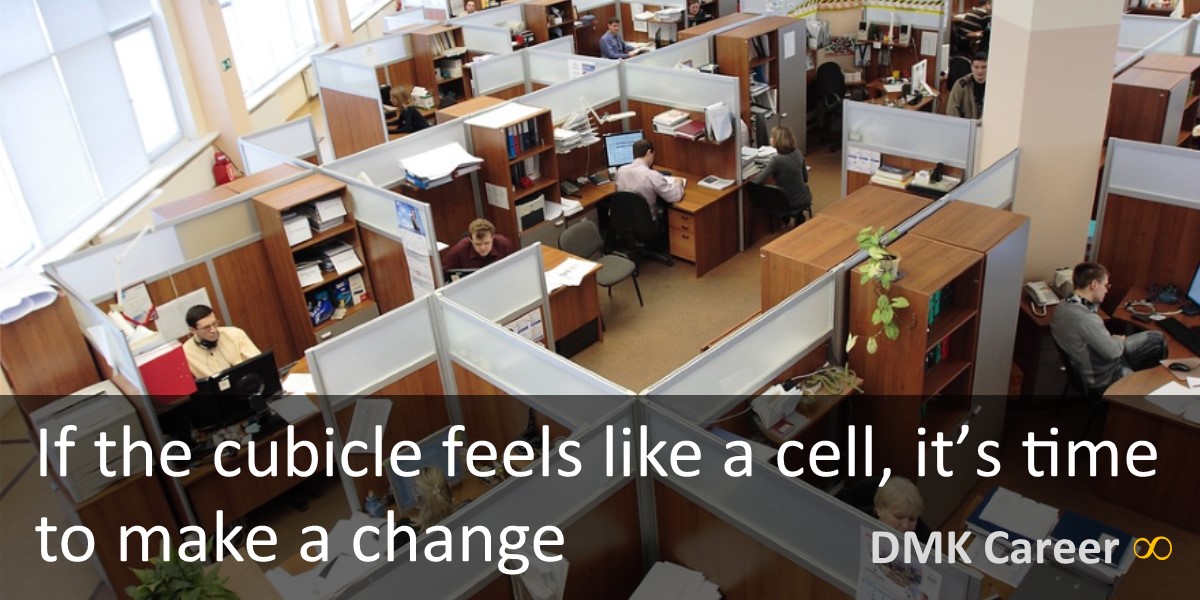














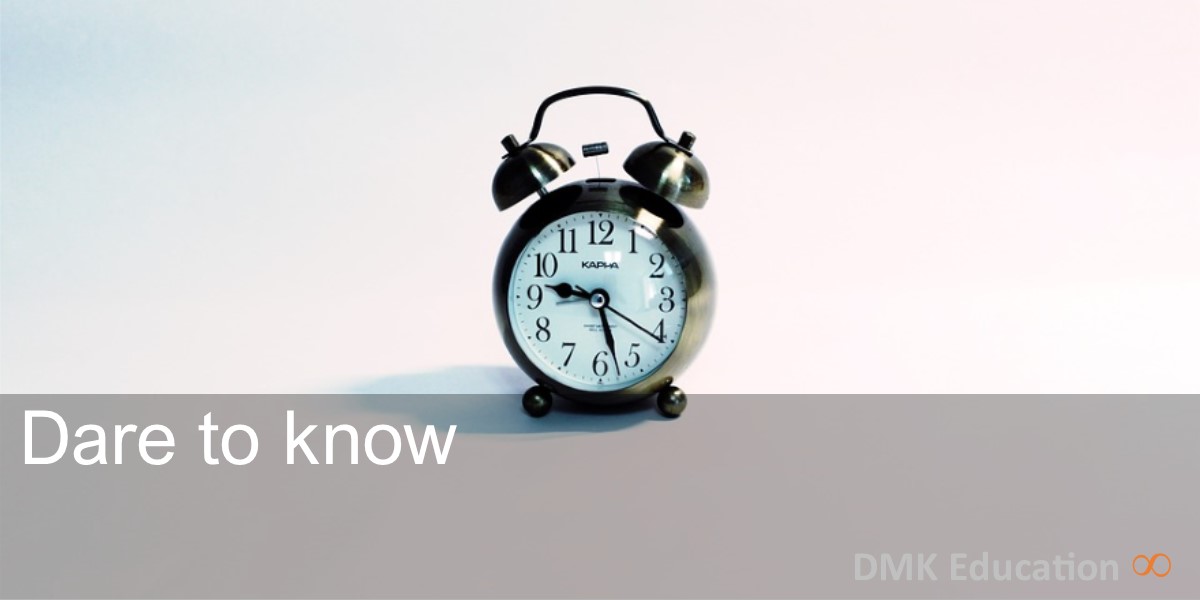





 How to resolve AdBlock issue?
How to resolve AdBlock issue?